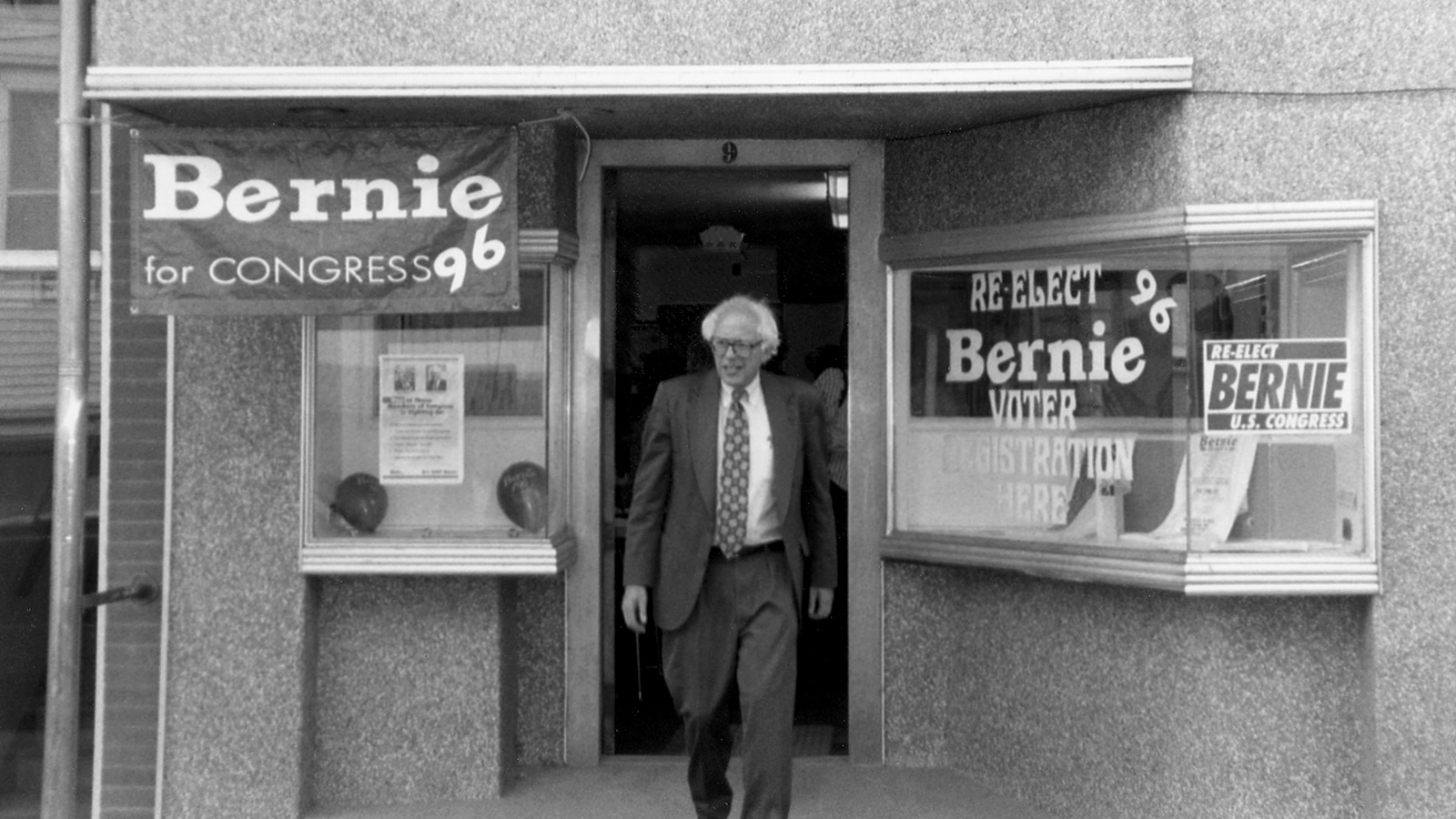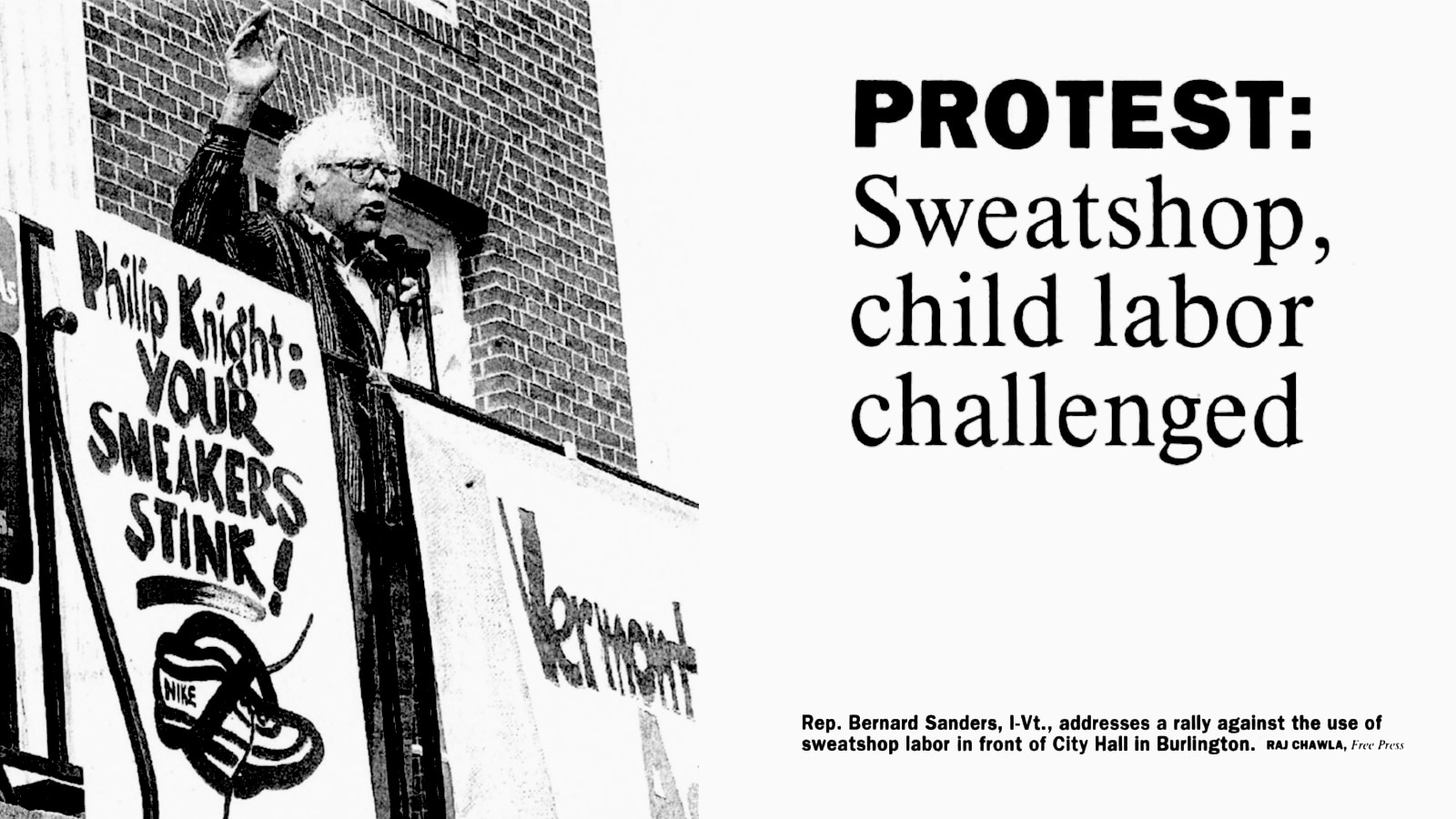Bernie Sanders won his reelection campaign to the U.S. House of Representatives on November 5, 1996, with 55 percent of the vote. His landslide 22-point victory against Republican challenger Susan Sweetser marked the end of a brutal, year-long campaign. Democrat Jack Long was a distant third with nine percent of the vote.[1]
Sanders and Sweetser gave voters two very different visions of how America should be run. Sanders accused her of being a tool of the Republican party; a viewpoint backed up when House Majority Leader Dick Armey and the national GOP chairman Haley Barbour campaigned in the state on her behalf. Sanders said this demonstrated she would support a hard-right agenda if elected.[2]
Sanders campaigned on his track record in Congress, citing:
- Legislation created for the National Cancer Registry Act, which played a vital role in fighting cancer
- Leadership in the fight for women’s rights and legislation that prevents health insurance discrimination against battered women
- Successfully passing the Northeast Dairy Compact to provide Vermont farmers with a fair milk price
He also highlighted his leadership in the fight against “corporate welfare” with legislation that saved taxpayers millions of dollars, his work to protect veterans’ rights, and his 100 percent voting record for the environment. He also demonstrated a 100 percent voting record in favor of senior citizens, support for $4.9 billion in tax breaks for small businesses, and his ongoing fight for healthcare for all and a higher minimum wage.[3]
The win sent Sanders back to Washington for the fourth time as Vermont’s only representative and the only one not affiliated with a major party.[1]
‘The fight that I have been waging continues,” Sanders said Tuesday night, vowing to protect children, the elderly, and the poor. “Not everybody in the state of Vermont who votes for me believes in everything I stand for. I know that. I think people understand that I have been consistent in what I have been fighting for.”
 Back to Timeline
Back to Timeline





